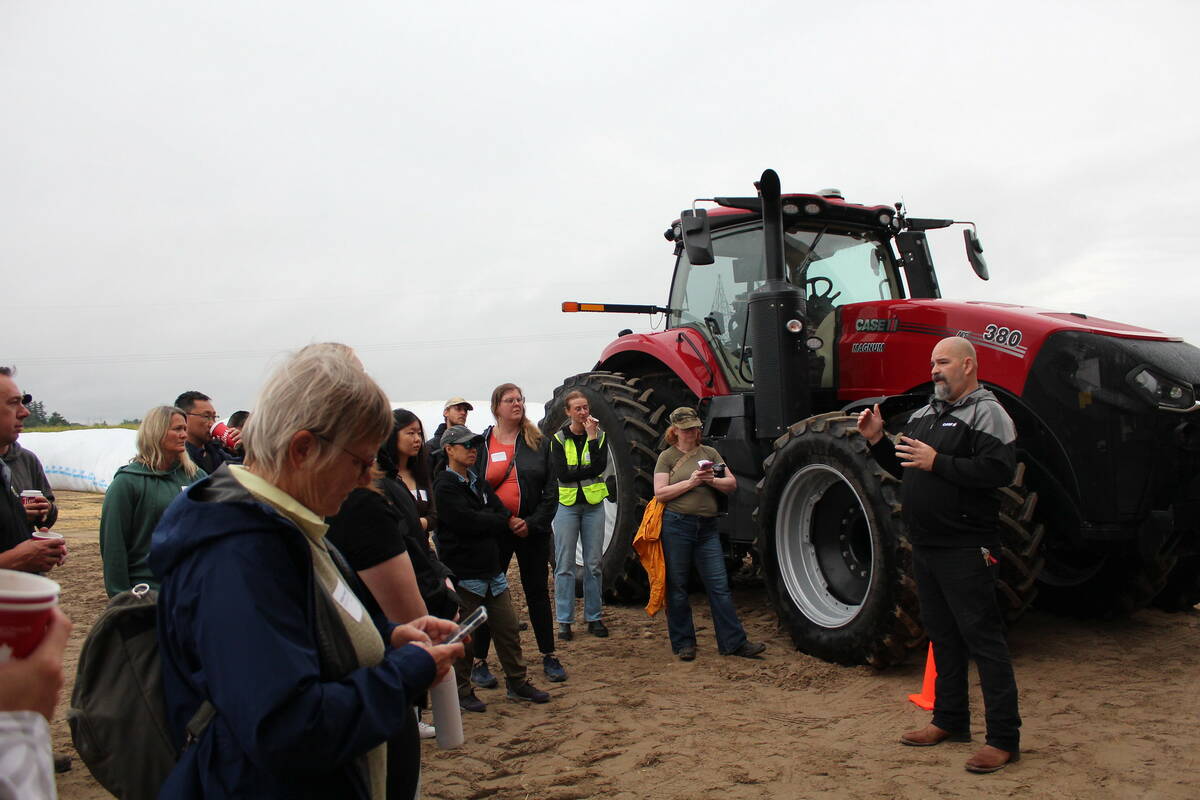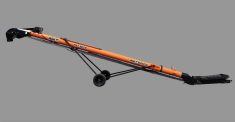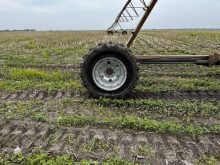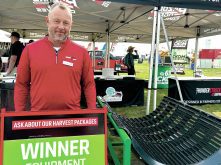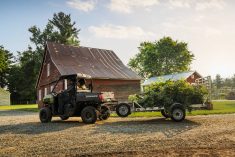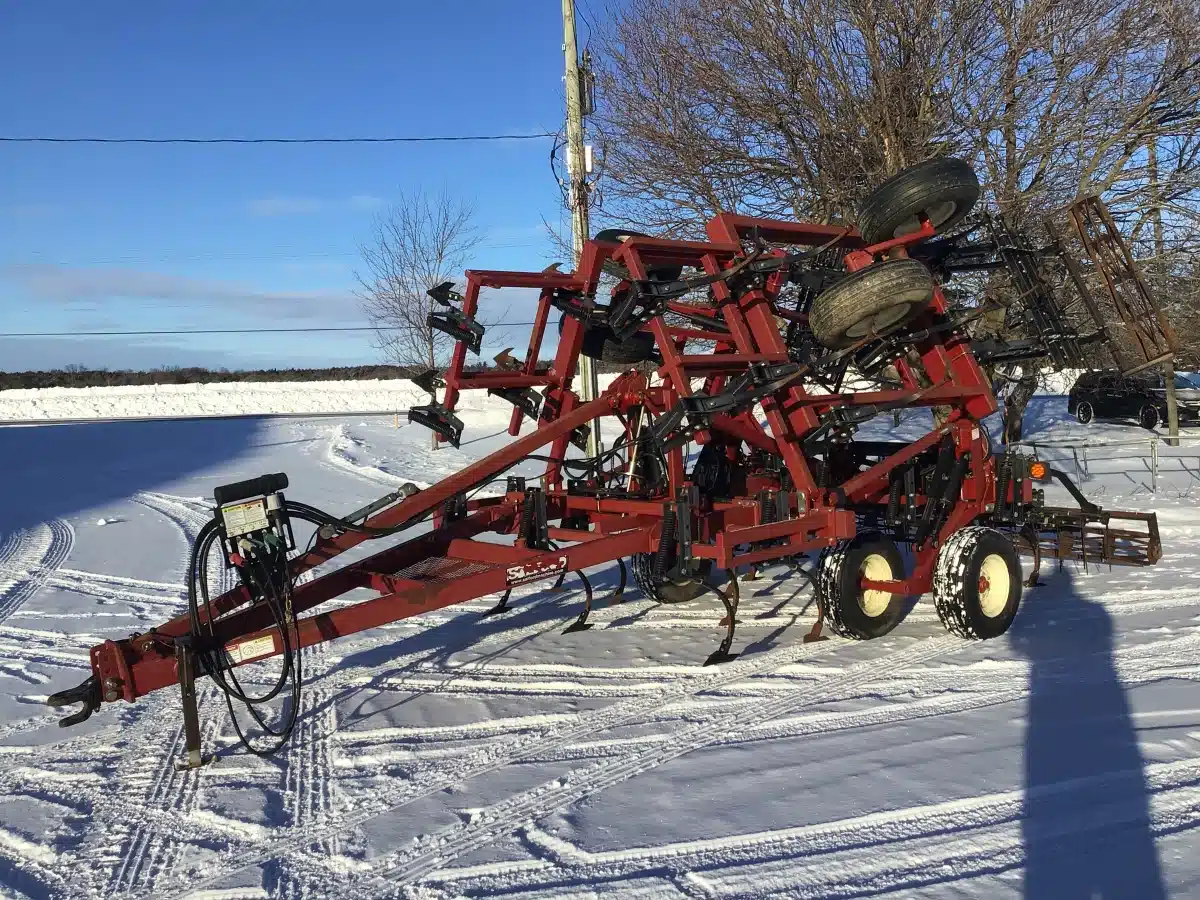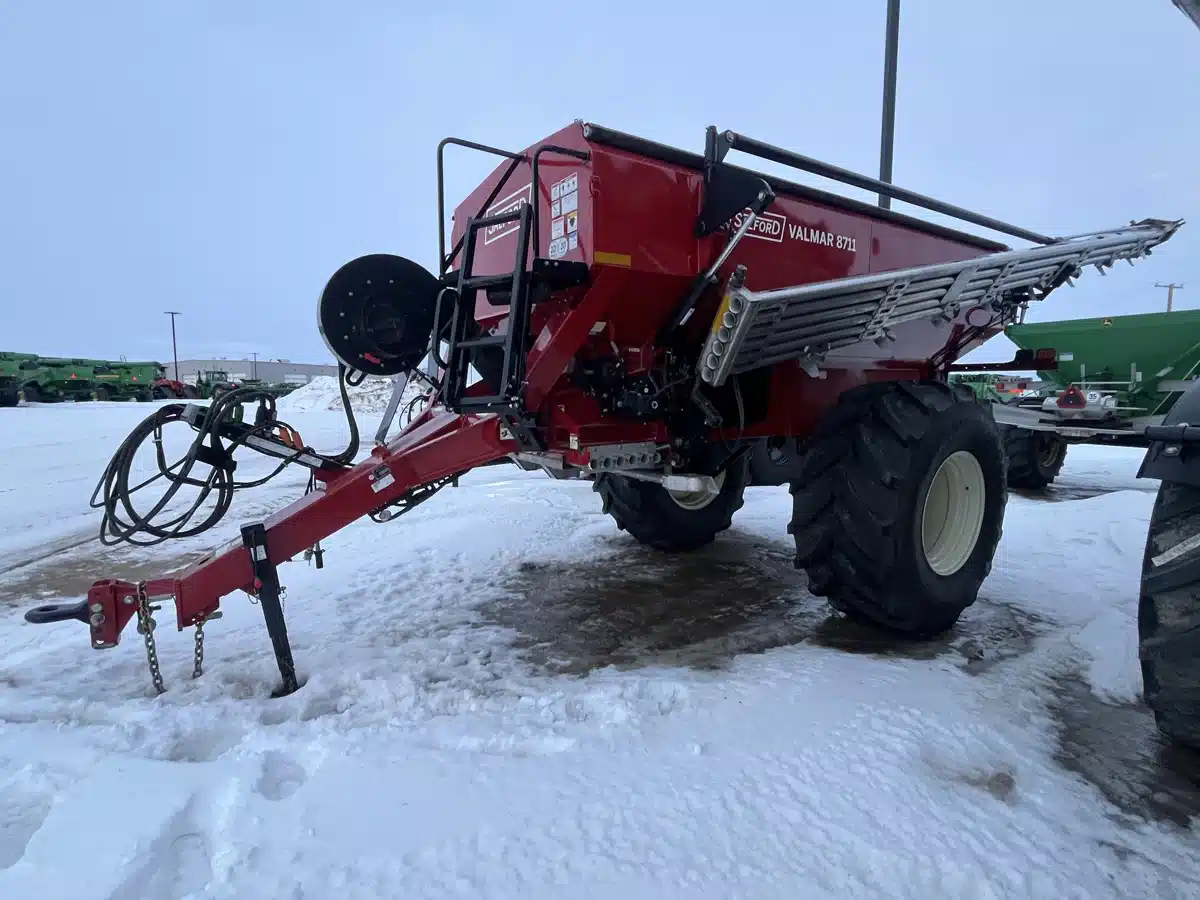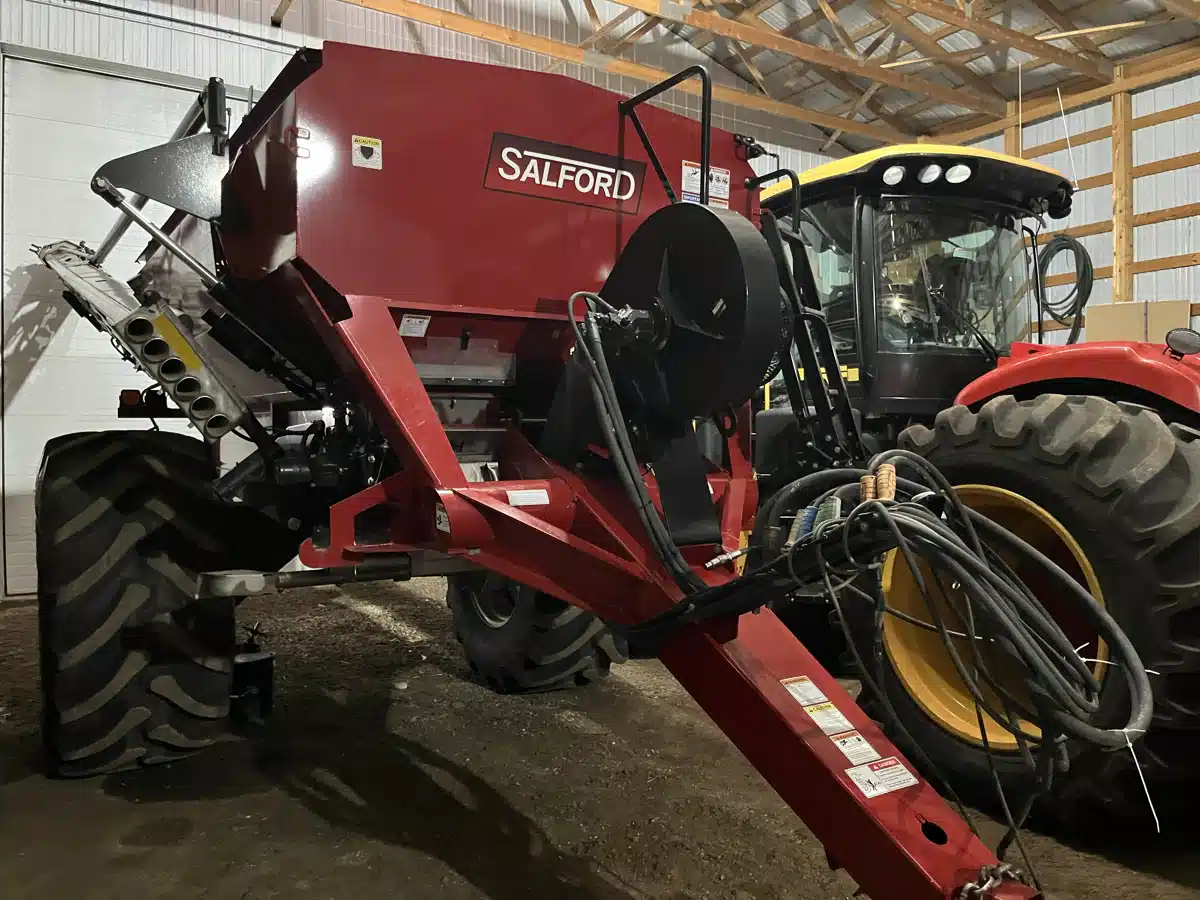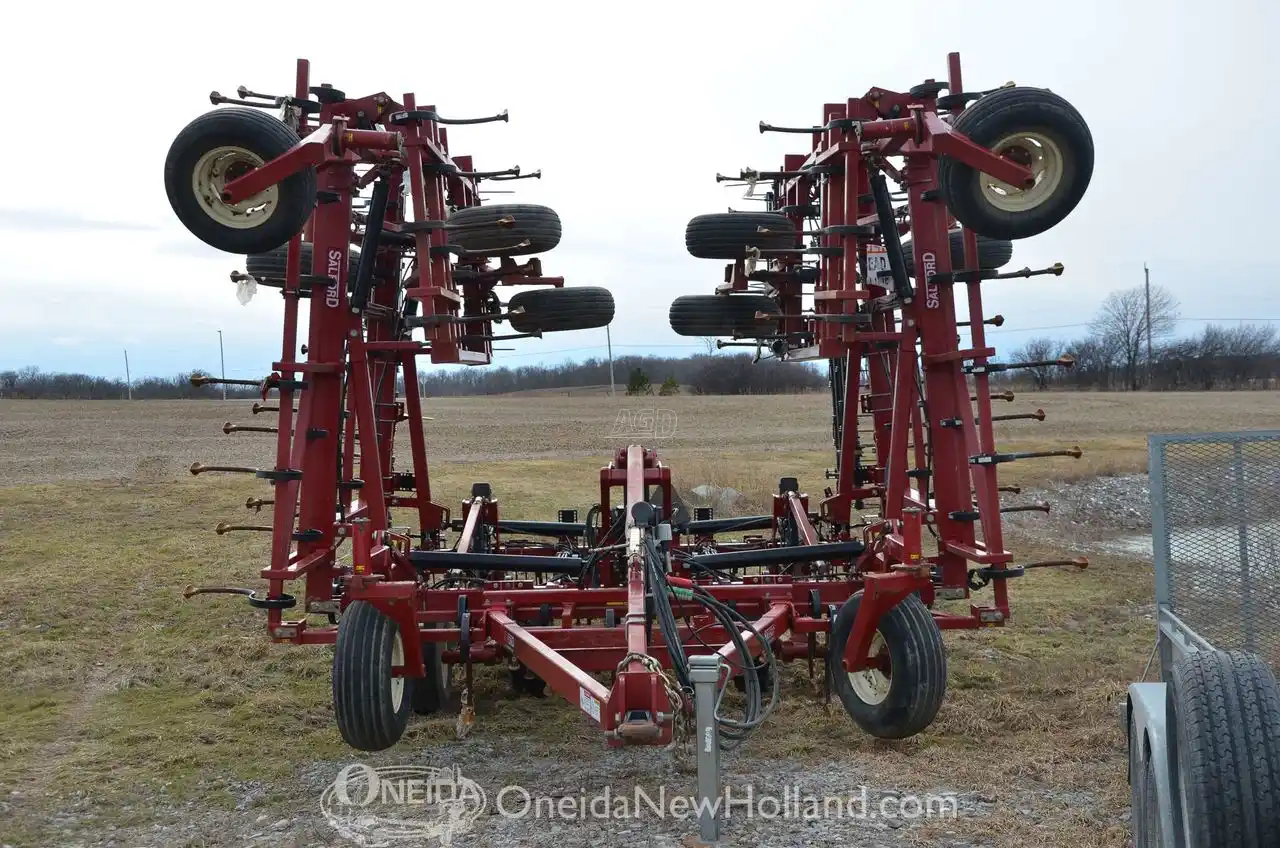UPDATED, Nov. 4 — Federal officials got a close-up look at precision agriculture at an Ottawa-area farm in late August.
The Association of Equipment Manufacturers (AEM), a North American trade group representing off-road equipment makers, hosted a demonstration day for staff from Agriculture and Agri-Food Canada, the Pest Management Regulatory Agency, the Privy Council Office, the House of Commons, and Innovation, Science and Economic Development Canada.
“Demo Days give federal officials a unique, hands-on understanding of how precision agriculture tools are transforming Canadian farms,” said Alexander Russ, AEM’s senior advisor for global public policy, in a news release. “By seeing these tools in action and maintaining an open dialogue, regulators and industry can work together to realize the Canadian agriculture industry’s full potential.”
Read Also
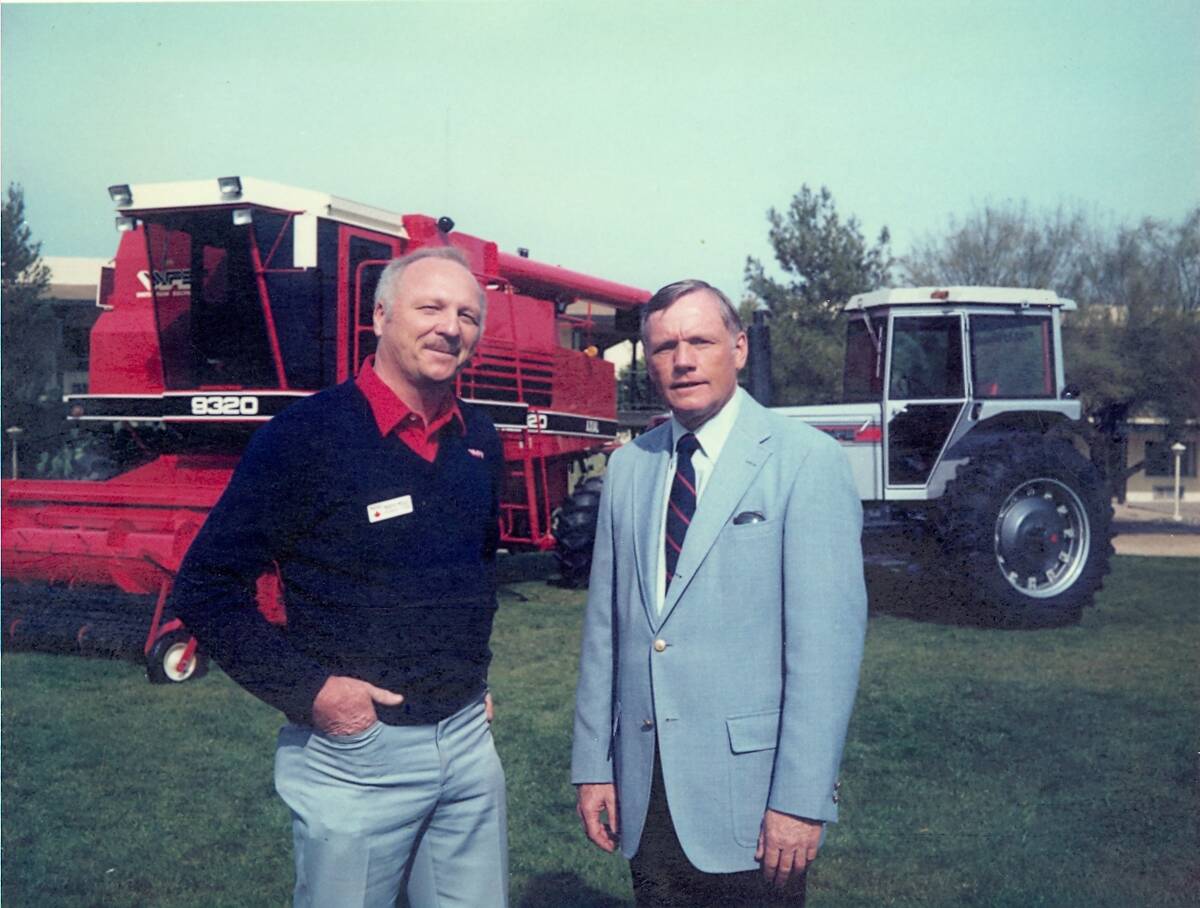
Right stuff, wrong time: How a team in Ontario developed the highest-capacity rotary combine of its day
Innovations by a team in Ontario in the late ’60s would lead to the production of the biggest rotary combine of that time. Then the manufacturer went bankrupt.
RELATED: Farm disconnect becomes farm policy disconnect
On hand to represent the industry and discuss aspects of modern agricultural production with them were experts from Case IH, John Deere, Kubota, Kuhn, Lely and Salford. Those brands brought demonstration equipment and discussed technologies including precision spraying, self-repair strategies, automated dairy equipment, and fertilizer and tillage applications.
The intent was to show officials and those in charge of inking regulations affecting agricultural practices how growers can take advantage of innovative technologies to conserve resources and boost production efficiency.
“The event was designed to bridge the gap between policy and practice by providing insights on how farmers are doing more with less at a time when the agriculture industry in Canada must further modernize to meet growing international demand,” AEM said in a statement.
“By showcasing real-world applications of advanced ag technologies, it was a chance to see innovation in action and understand how modern tools are shaping the future of farming,” AEM representative Alexander Russ said via email. “The event was designed to give federal regulators a firsthand look at how the products they oversee are used on the farm, with a particular focus on the role of precision agriculture in driving efficiency while safeguarding conservation efforts.”
Asked if regulations were discussed around the use of large-scale drones to apply pesticides — a growing area of interest to farmers — Russ did not say.
However, AEM noted industry groups including AEM, CropLife Canada, Grain Farmers of Ontario and Fertilizer Canada used the occasion to highlight the policies and government incentives they want prioritized to boost productivity and encourage farmer uptake of modern agricultural best practices.
— Article updated to clarify attribution of comment.


